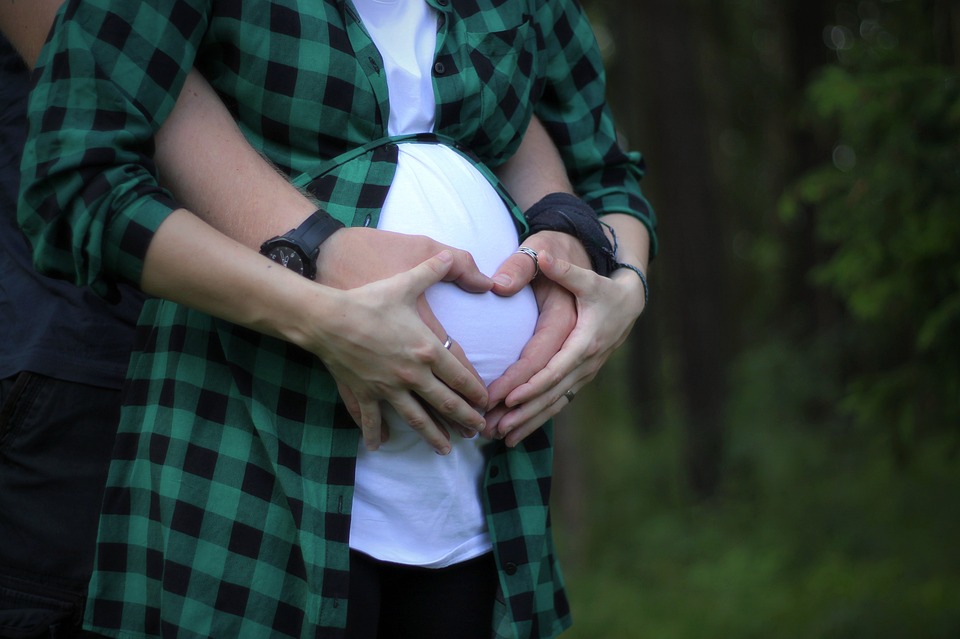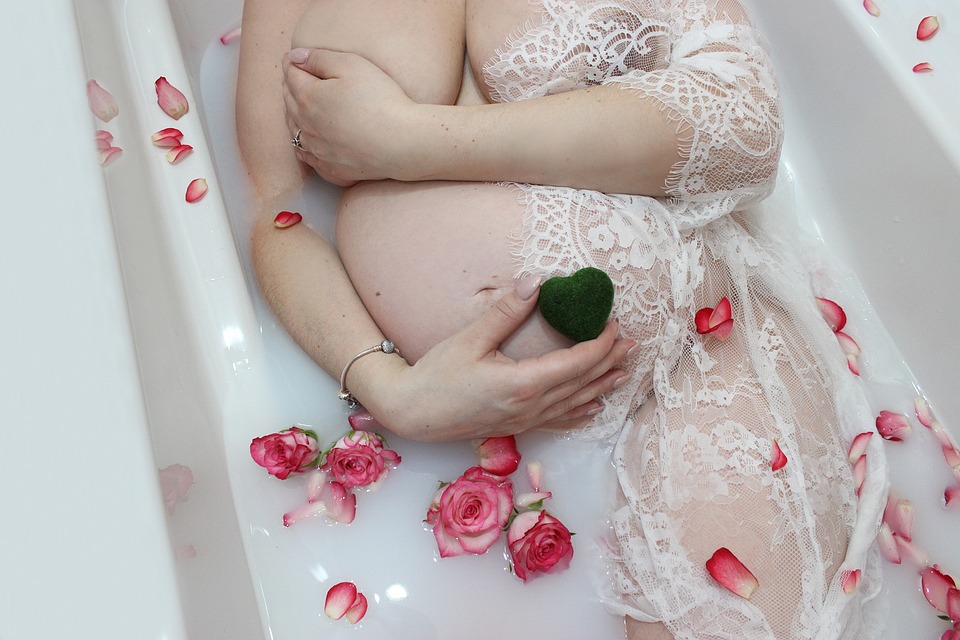
Pregnancy is a beautiful and miraculous time in a woman’s life, as she nurtures and grows a new life within her body. It is a time of immense physical changes and emotional ups and downs, as the body works overtime to support both the mother and the growing baby.
One of the most important aspects of a healthy pregnancy is nutrition. Eating a healthy and balanced diet during pregnancy is crucial for the health and development of both the mother and the baby. The nutrients that a woman consumes during pregnancy not only fuel her own body, but also play a critical role in the growth and development of the fetus.
Nourishing your bump with a healthy diet is essential for a number of reasons. First and foremost, it provides the necessary nutrients for the baby’s growth and development. During pregnancy, the fetus relies on the mother for all of its nutritional needs, so it is important for the mother to consume a diet rich in essential vitamins, minerals, and nutrients.
Eating a healthy diet during pregnancy can also help prevent complications such as pre-eclampsia, gestational diabetes, and preterm birth. A diet that is high in fruits, vegetables, whole grains, and lean proteins can help regulate blood sugar levels, decrease the risk of high blood pressure, and promote a healthy weight gain during pregnancy.
In addition to the physical benefits of eating healthy during pregnancy, a nutritious diet can also have a positive impact on the mother’s mental and emotional well-being. Pregnancy can be a challenging time, both physically and emotionally, so it is important for expectant mothers to take care of themselves and nourish their bodies with healthy foods.
One of the key nutrients that pregnant women need to focus on is folic acid. Folic acid is essential for the development of the baby’s neural tube, which eventually forms the brain and spinal cord. Adequate folic acid intake can help prevent birth defects such as spina bifida and anencephaly. Good sources of folic acid include leafy green vegetables, fortified cereals, beans, and citrus fruits.
Calcium is another important nutrient during pregnancy, as it helps build strong bones and teeth for both the mother and the baby. Pregnant women should aim to consume around 1000 mg of calcium per day. Dairy products, fortified plant-based milks, and leafy green vegetables are all good sources of calcium.
Iron is also crucial during pregnancy, as the body needs extra iron to make more blood to supply oxygen to the baby. Iron deficiency during pregnancy can lead to fatigue, weakness, and an increased risk of preterm birth and low birth weight. Good sources of iron include red meat, poultry, fish, beans, and fortified cereals.
Protein is another important nutrient during pregnancy, as it helps build and repair tissues and muscles in both the mother and the baby. Pregnant women should aim to consume around 75-100 grams of protein per day. Good sources of protein include lean meats, poultry, fish, eggs, dairy products, beans, nuts, and seeds.
In addition to these key nutrients, pregnant women should also focus on eating a variety of fruits and vegetables to ensure they are getting a wide range of vitamins and minerals. Fruits and vegetables are rich in antioxidants, which can help protect the body from oxidative stress and inflammation. They are also high in fiber, which can help prevent constipation and promote healthy digestion.
Whole grains are another important component of a healthy pregnancy diet, as they provide sustained energy and important nutrients such as B vitamins, magnesium, and fiber. Pregnant women should aim to consume whole grains such as brown rice, quinoa, oats, and whole wheat bread and pasta.
Healthy fats are also important during pregnancy, as they help build cell membranes and support the baby’s brain development. Omega-3 fatty acids, in particular, are essential for the baby’s brain and eye development. Good sources of healthy fats include avocados, nuts, seeds, olive oil, and fatty fish such as salmon and mackerel.
It is important for pregnant women to stay hydrated by drinking plenty of water throughout the day. Water is essential for maintaining fluid balance in the body, supporting digestion, and preventing dehydration. Pregnant women should aim to drink at least 8-10 glasses of water per day, and more if they are physically active or experiencing hot weather.
While it is important for pregnant women to focus on eating a nutritious diet, it is also important for them to listen to their bodies and honor their cravings. Pregnancy can bring about intense cravings for certain foods, and it is okay to indulge in moderation. However, it is important to balance these cravings with a variety of healthy foods to ensure that both the mother and the baby are getting the nutrients they need.
In addition to eating a healthy diet, pregnant women should also aim to stay active and get regular exercise. Physical activity during pregnancy can help improve circulation, reduce stress, and promote overall well-being. It can also help prepare the body for labor and delivery and aid in postpartum recovery.
In conclusion, eating a healthy diet during pregnancy is essential for the health and well-being of both the mother and the baby. By focusing on nutrient-dense foods such as fruits, vegetables, whole grains, lean proteins, and healthy fats, pregnant women can ensure that they are getting the necessary nutrients for a healthy pregnancy and a thriving baby. It is important to listen to your body, honor your cravings in moderation, and stay active to support a healthy pregnancy journey. Nourishing your bump with a healthy diet is one of the best ways to ensure a happy and healthy pregnancy for both you and your baby.






